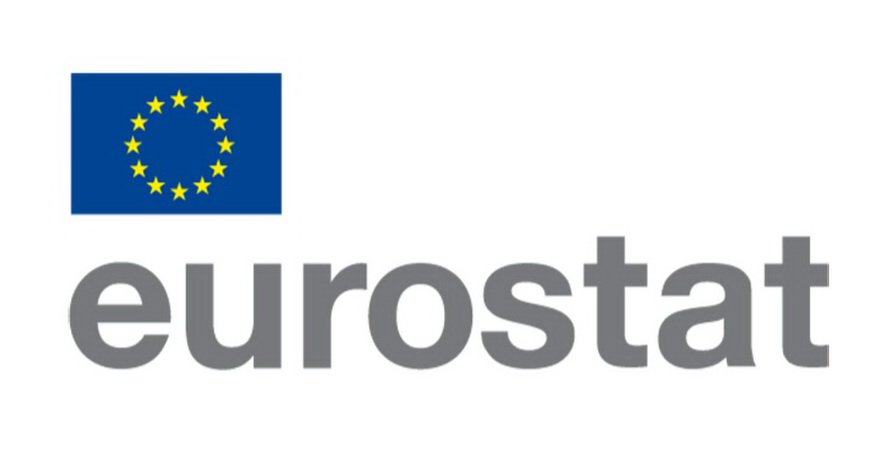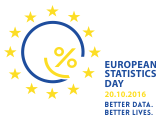To see the GDDS metadata of the Montenegro published on the IMF’s Dissemination Standards Bulletin Board (DSBB), please check the following link: eGDDS
The International Monetary Fund (IMF) is an international organization, working to foster global monetary cooperation, monitoring interest rates and balance of payment, as well as for providing technical and financial assistance. Currently, 187 countries are IMF members.
There are three main activity areas: surveillance, financial and technical assistance. Monitoring consists of estimates of the monetary exchange regulations of the Member States with regard to the belief that a strong and consistent economic policy leads to a stable exchange rate and contributes to the growth and development of world economy. Financial assistance includes loans to members of the IMF. As regards technical assistance, the IMF provides technical assistance to its members for creating and implementing financial and monetary policies, the establishment of institutions and for statistics data.
General Data Dissemination System
Montenegro began its participation in the General Data Dissemination System – (GDDS), on December 5, 2011 within IMF.
The General Data Dissemination System is a structured process through which IMF member countries commit voluntarily to improving the quality of the data produced and disseminated by their statistical systems over the long run to meet the needs of high-quality macroeconomic analysis.
The purpose of the GDDS is to guide countries in developing sound statistical systems, with special emphasis on comprehensiveness, reliability and timeliness of data, and the practice of dissemination of economic, financial and socio-demographic data. GDDS metadata are divided in the following categories: real sector, fiscal sector, external sector and socio-demographic data.
A mission of the International Monetary Fund (IMF)'s Statistics Department visited Montenegro during June 28-July 4, 2017 to collaborate with government authorities to implement the Enhanced General Data Dissemination System (e-GDDS). The e-GDDS was endorsed by the IMF’s Executive Board in May 2015.
The mission is particularly to support the development of the National Summary Data Page (NSDP), which will be hosted on the Montenegro Statistical Office website, utilizing the Statistical Data and Metadata Exchange (SDMX), with links to the Central Bank and the Ministry of finance of Montenegro.
The NSDP aims to serve as a one-stop publication vehicle for essential macroeconomic data. Publication of essential macroeconomic data through the new NSDP will provide national policy makers and domestic and international stakeholders, including investors, with easy access to information that the IMF's Executive Board has identified as critical for monitoring economic conditions and policies. Making this information easily accessible in both human and machine-readable formats will allow all users to have simultaneous access to timely data and will bring greater data transparency.
The NSDP will give users access to full information about the Montenegro e-GDDS data, and will be available no later than 4th September 2017 on the Statistical Office website and also on the IMF's Dissemination Standards Bulletin Board (DSBB) at http://dsbb.imf.org. Implementation of the e-GDDS is a major statistical milestone for Montenegro.
The e-GDDS was established by the IMF's Executive Board in May 2015 to support improved data transparency, encourage statistical development, and help create synergies between data dissemination and surveillance. The e-GDDS supersedes the GDDS, which was established in 1997.







